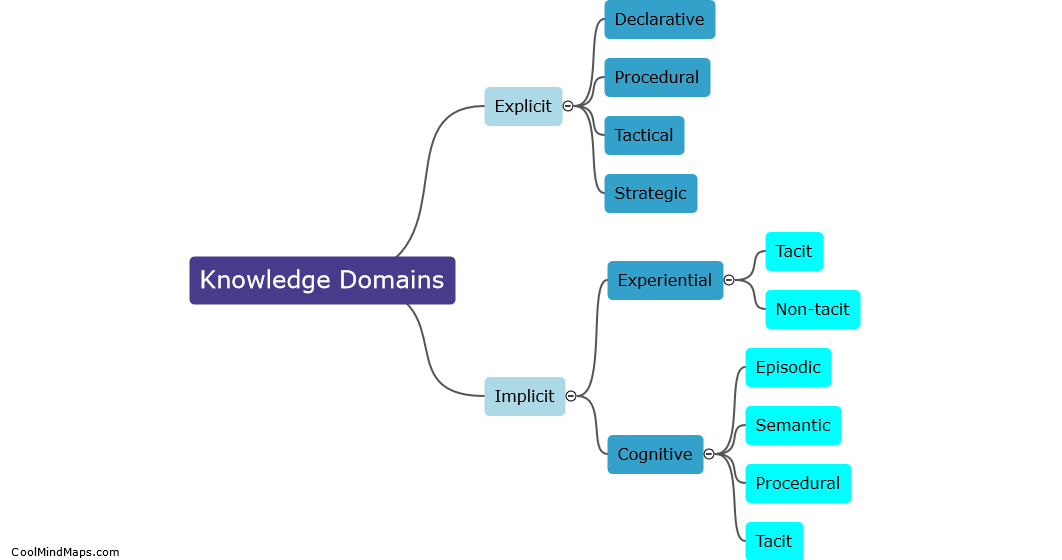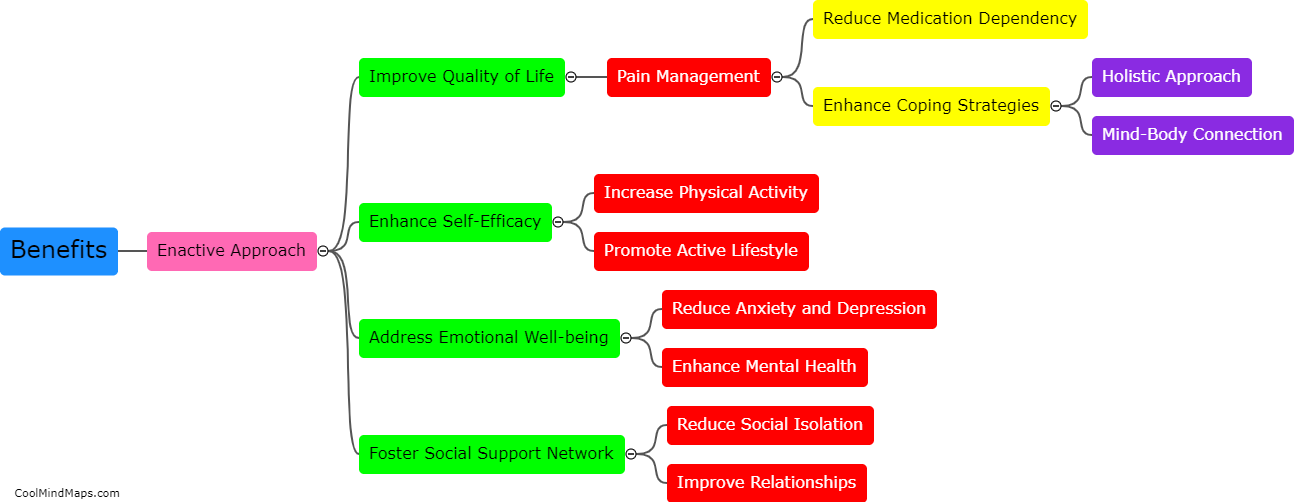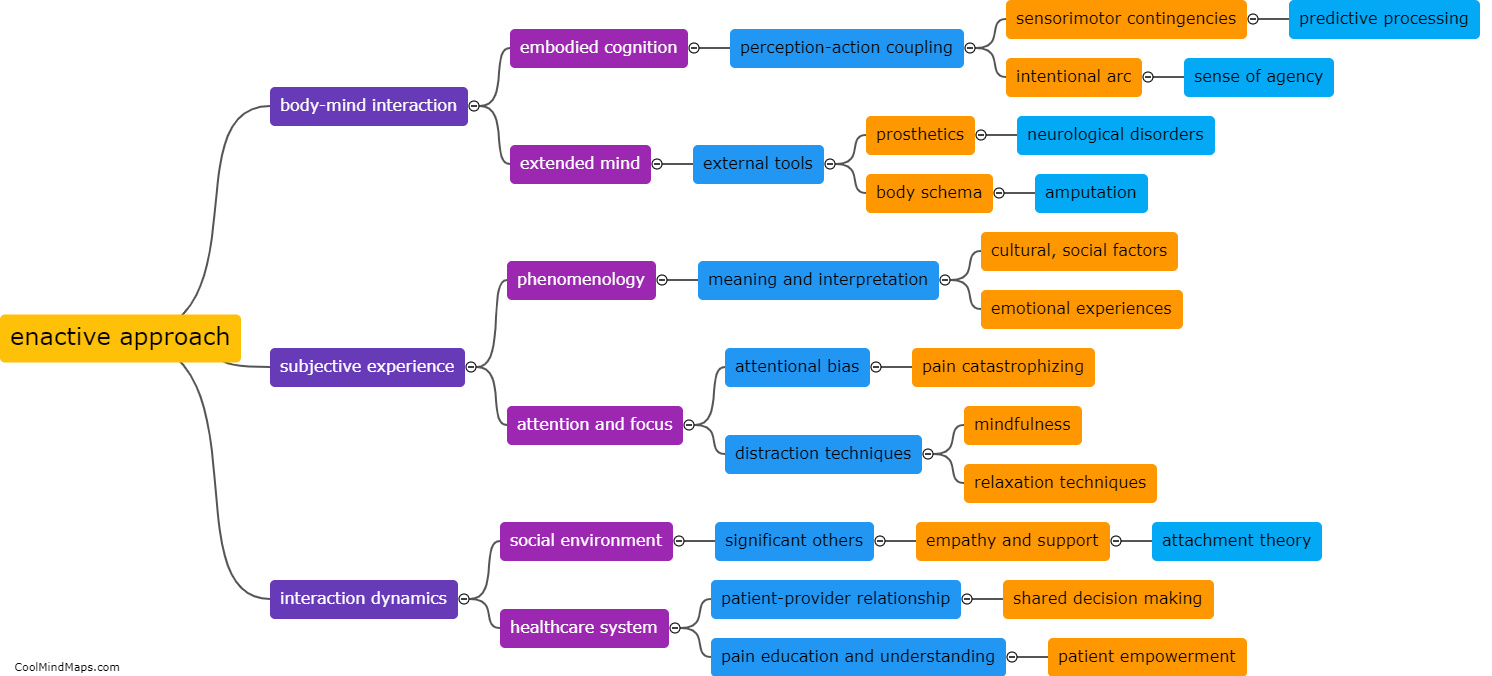How do ethical guidelines influence the management of chronic pain?
Ethical guidelines play a crucial role in shaping the management of chronic pain. These guidelines emphasize a patient-centered approach that focuses on providing optimal care while upholding ethical standards. They emphasize the importance of informed consent, shared decision-making, and respect for patient autonomy. Ethical guidelines also call for healthcare professionals to ensure equitable access to pain management services, minimize patient suffering, and avoid unnecessary harm. Furthermore, these guidelines emphasize the need for regular assessments, reassessments, and appropriate documentation to ensure accountability and quality in chronic pain management. Overall, these ethical guidelines serve as a compass for healthcare professionals, guiding them in making decisions that prioritize the wellbeing and dignity of individuals living with chronic pain.

This mind map was published on 2 December 2023 and has been viewed 119 times.











